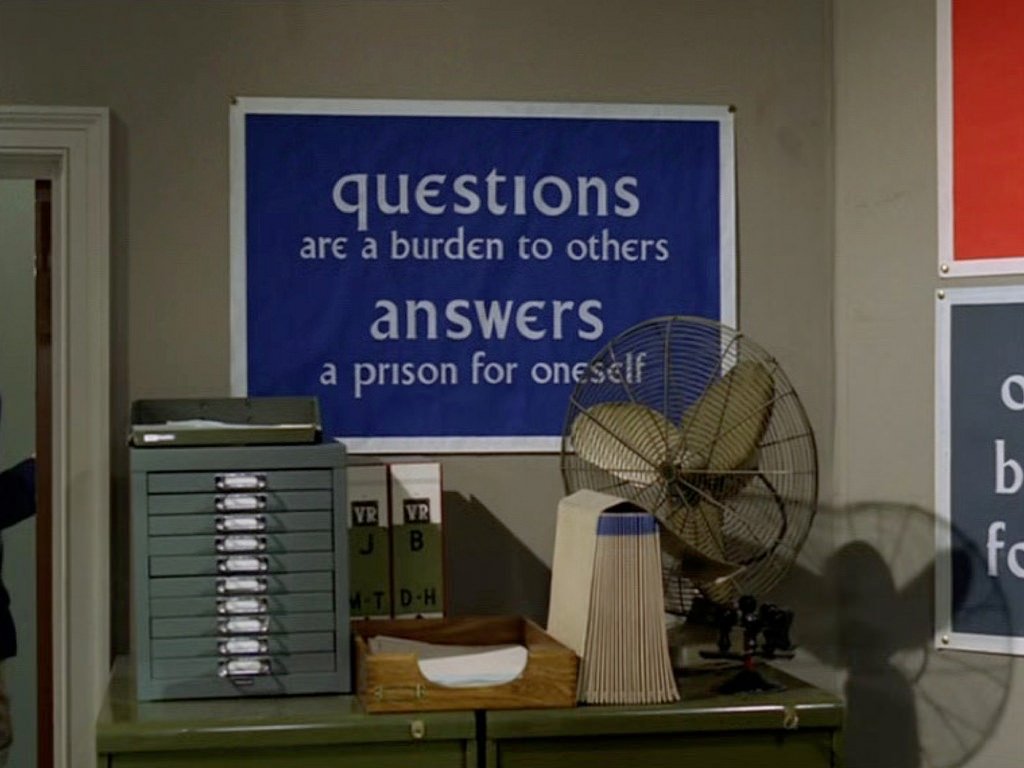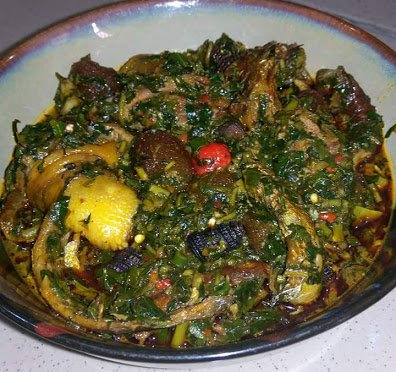Something I've been thinking about this week wrt a particular type of #nonfiction book proposal:
The one structured around Examples Of A Phenomenon.
1/
E.g.,
Intro: This book seeks to answer the eternal question "what is a sandwich"
Ch 1: Hot dogs
Ch 2: Burritos
Ch 3: Falafel pita
Ch 4. Choco taco
...
Conclusion
2/
And the form can work, but it's trickier than it looks because...
3/
1. SELECTION CRITERIA
2. WHY YOU?
3. SO WHAT?
Let's get into this thing.
4/
Authors can fix this by relying on an authoritative third party (Big Polling Company's list of most popular world foods) or--better--laying out their own criteria in the intro or overview
The criteria should be coherent, cohesive and clear. Readers should not be left wondering "wait why are choco tacos discussed but not regular tacos? Why cornish pasties but not hand pies?"
6/
This can be tricky, because it's really two questions in one:
a) Why are you interested in writing about this topic?
and
b) Why are you an authority readers will pay $29.95 to opine on this topic?
Even authors who address a often neglect b.
7/
Aye, there's the rub. What's the overall argument, and what are its broader implication or effects?
You can't just list some stuff and have a conclusion that's like "aaaand that is how I would categorize these foods!"
8/
Few questions are interesting enough to maintain our interest alone for a whole book. We need q's to lead to other q's, and ultimately to a satisfying bigger point
Bonus points for tackling questions connected to WHY YOU.
9/
If you're a food writer, what does the question of who defines sandwich mean for multicultural food society?
Economist, does it maybe change how corporations like Chipotle are taxed, or change retail landscape where noncompete clauses ban sandwiches?
BROADEN
11/
I've written memos to 3 clients in the last 2 weeks touching on at least one of these issues!
12/
Knowledge is power!
Go forth, nonfiction writers, and revise.
13/13





